AI Actor Replacement Against The Law In Crucial State
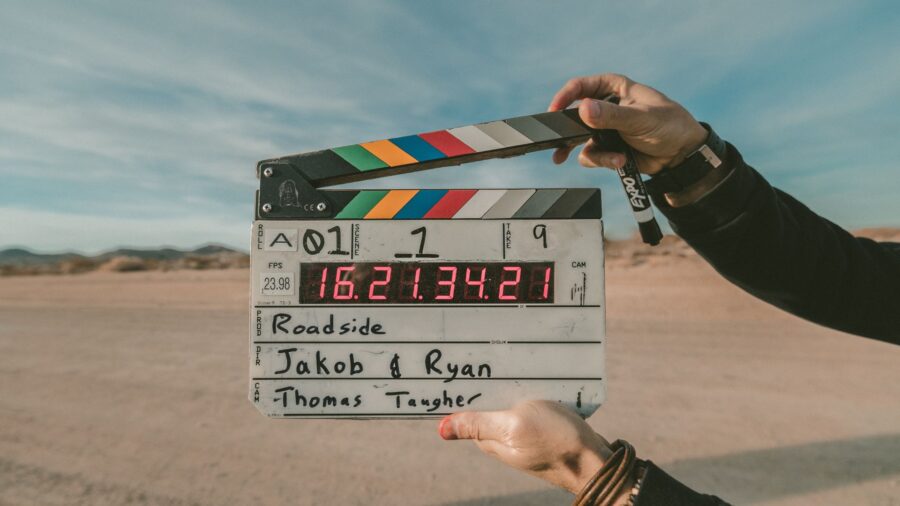
Film and television studios in Hollywood won’t be able to take advantage of what some are calling revolutionary technology in the entertainment industry. The state of California has effectively banned the use of AI actors replacing real-life (living or dead) performers, giving those in front of the camera control over who uses their likeness and how this likeness is utilized. The legislation came to the state house in Sacramento, where multiple bills were signed into law.
Gavin Newsom Signs Two AI Actor Bills
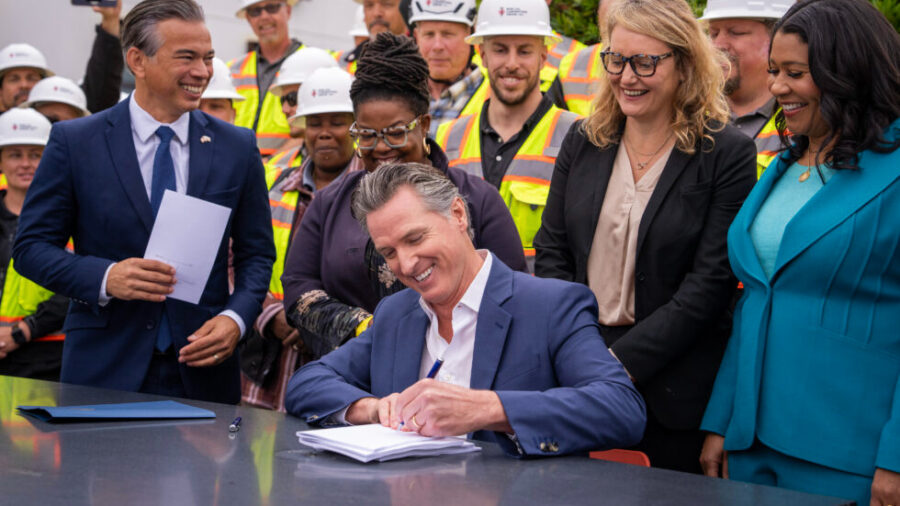
This past Tuesday, California Governor Gavin Newsom signed two bills that stemmed from efforts from SAG-AFTRA, who have been fighting tirelessly to protect its members from what they call unfair use of an actor’s likeness. The first bill, AB-1836, protects a deceased performer from being replaced with an AI actor (through their voice or their likeness) unless that person’s estate gives prior consent.
Like the first bill, AB-2602 doesn’t outright ban the use of AI actors. But it does state that a digital replica of an individual’s “voice or likeness” used in place of that person’s actual services is unlawful UNLESS that individual gave permission. And after permission is granted, the user must adhere to whatever contractual descriptions the performer detailed in exchange for the use.
The Battle Has Just Begun

Until these bills were passed, there were multiple exceptions in place that allowed for a deceased person’s likeness to be used by an AI actor in film, TV, and audiovisual work. But even though SAG-AFTRA has been celebrating its legislative victory in California, the union acknowledges that its battles have only just begun.
Only Protects California Productions
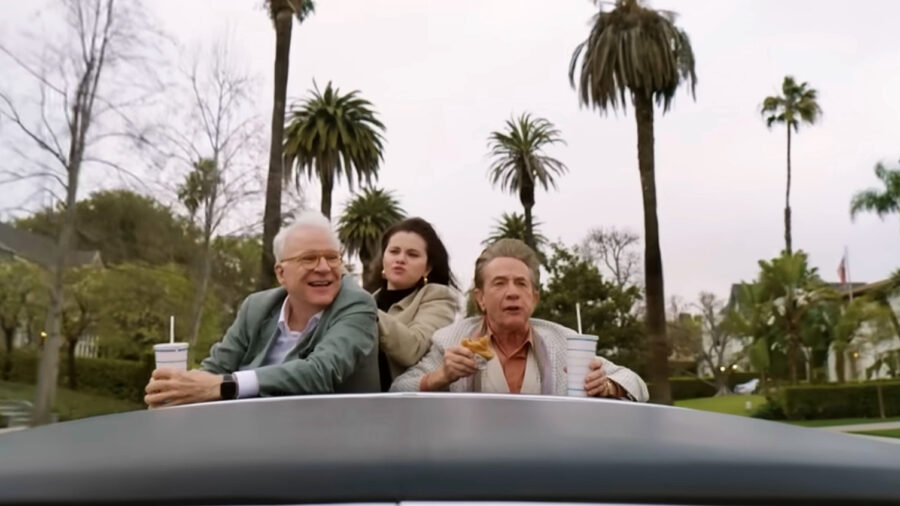
These two bills might be California law, but that does not mean that either of them give protections against being replaced by an AI actor if the content originates outside of the Golden State. And with so many films and television shows being produced elsewhere in the United States from studios that are not Hollywood-based, more rigid and widespread laws are needed to ensure that these performers are not taken advantage of anywhere else.
No Fakes Act Seeking Federal Protection
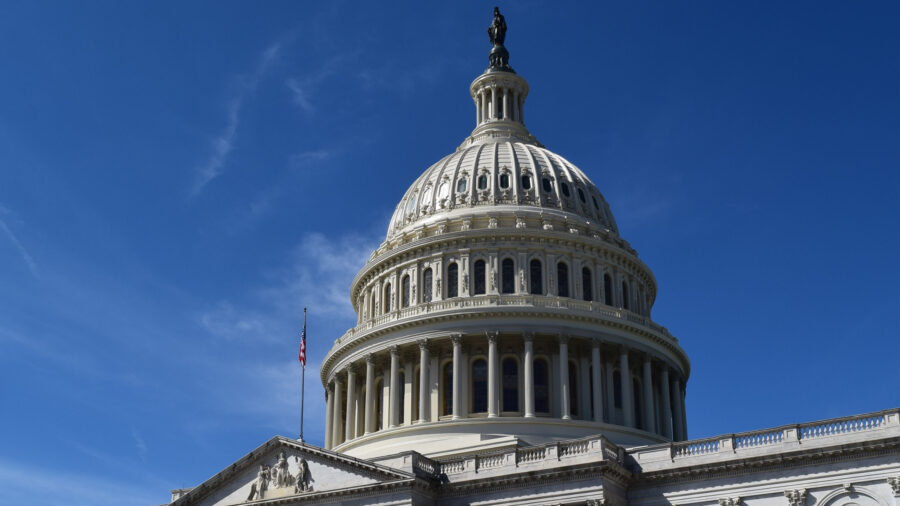
To solve this problem, a bill referred to as the NO FAKES Act was introduced into the United States House of Representatives last week in hopes that it will eventually pass and solve the AI actor issue. The bill, introduced and sponsored by Republican Representative from Florida’s 27th District Maria Elvira Salazar, was put before the House Judiciary Committee on September 12.
For those who remember how bills become a law from high school Civics class, it must go from its committee to the House floor and pass before being passed in its original form by members of the United States Senate.
Will Need President’s Approval
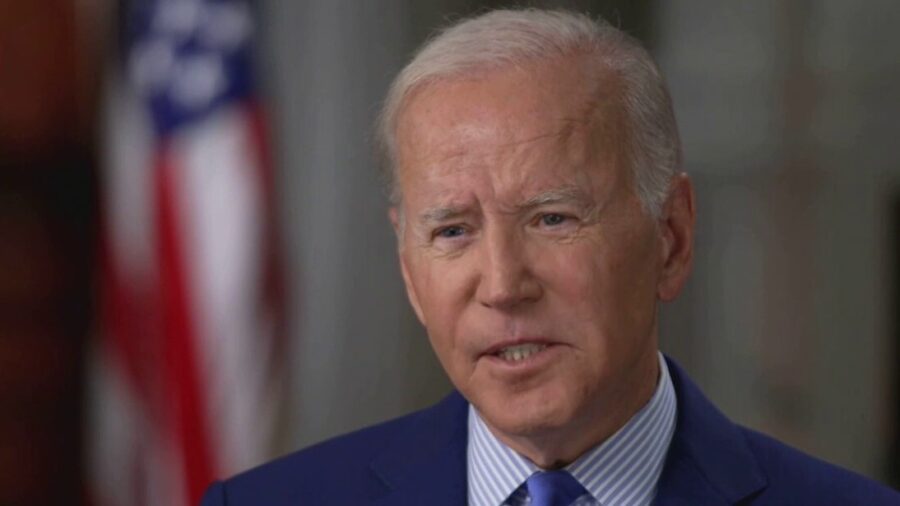
From there, the AI actor bill will need to be signed into law by President Joe Biden. The NO FAKES Act bill in the House of Representatives has mirrored a bill already in the Senate, however, as four members of that Chamber sponsored one late in July. Senators Coons, Blackburn, Klobuchar, and Tillis presented themselves as a bi-partisan front with the Senate version.
The NO FAKES Act is an acronym that stems from a 2023 effort of Capitol Hill that stands for Nurture Originals, Foster Art, and Keep Entertainment Safe.
Source: SAG-AFTRA











